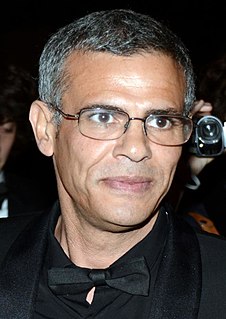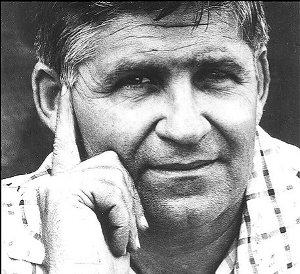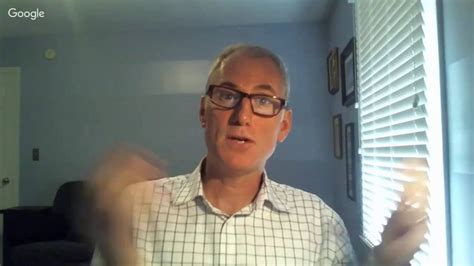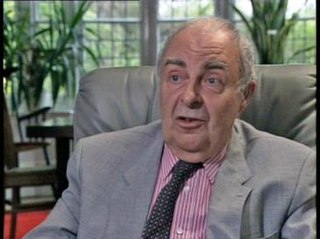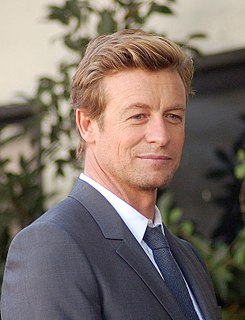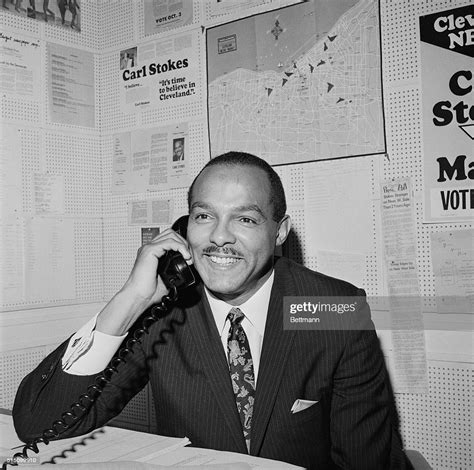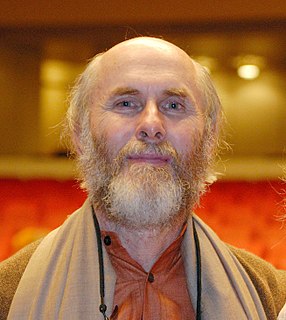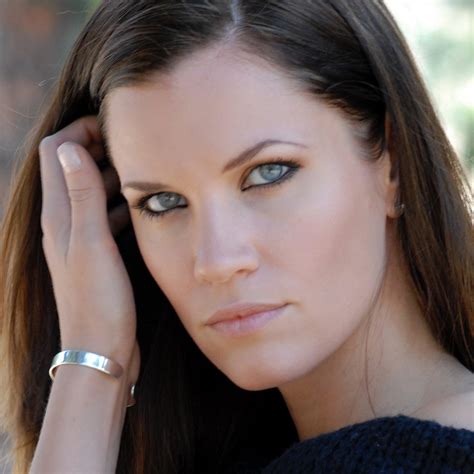Top 1200 Everyone Has A Story Quotes & Sayings - Page 20
Explore popular Everyone Has A Story quotes.
Last updated on April 16, 2025.
One of the horribly frustrating things about writing feature films is the rules everyone applies and says, 'You have to do this by the end of the first act and by the end of the second act you must introduce this.' As if there were rules to life or telling a story or the ways things happen, which of course there aren't.
A man who wants to die feels angry and full of life and desperate and bored and exhausted, all at the same time; he wants to fight everyone, and he wants to curl up in a ball and hide in a cupboard somewhere. He wants to say sorry to everyone, and he wants everyone to know just how badly they've all let him down.
[ Blue is the Warmest Color ] was really a film about two people having to go through a relationship which everyone knew would lead to a breakup and the pain that that entails. Anybody can see that story, what leads to that, and identify with it. As a filmmaker, I wanted to construct this identification process with the characters so that you fully connect to their emotions and what their breakup [represents].
I think if the content is good and the content is interesting, the at home viewer will watch it for as long as the story is interesting thus the responsibility for making the story interesting falls on the shoulders of the reporter or the producer. Then I'm disappointed that producers have felt that television can only be told in 59 second story bursts because we've become, it's become journalism based on MTV, video electronic editing and cutting.
The one thing I really lucked out on is that all through my teenage years, when my sister was a lifeguard and everyone I knew was out in the sun all day - I was in the theater. Everyone called me Casper because I never had a tan, and everyone else was tan all the time. I think that was the luckiest thing of my life.
The Negro. The South. These are the details. The real story is the universal one of men who destroy the souls of other men (and in the process destroy themselves) for reasons neither really understands. It is the story of the persecuted, the defrauded, the feared, and detested. I could have been a Jew in Germany, a Mexican in a number of states, or a member of any 'inferior' group. Only the details would have differed. The story would be the same.
I don't want to be pretentious about, "yes, I need to move in to the more dramatic roles and express myself and prove to everyone that I'm capable of doing it," it really isn't that, I think that's a bad reason to choose roles. It's more like, who would I be working with and would they be fun to do and entertaining to watch, is it an interesting story or character.
Each of us is born with a series of built-in confusions that are probably somehow Darwinian. These are: (1) we're central to the universe (that is, our personal story is the main and most interesting story, the only story, really); (2) we're separate from the universe (there's US and then, out there, all that other junk - dogs and swing-sets, and the State of Nebraska and low-hanging clouds and, you know, other people), and (3) we're permanent (death is real, o.k., sure - for you, but not for me).
Between the three, Facebook is literally everyone I've ever shaken hands with at a conference or kissed on the cheek at Easter. Twitter seems to be everyone I am entertained by or I wish to meet some day. Foursquare seems to be everyone I run into on a regular basis. All three of those social graphs are powerful in their own.
Independent films are very hard to get made, but I'm lucky enough to get them made, so I'm going to keep doing it. I like my independence. I like being able to tell a story the way I want to tell a story. I don't like developing it with a team. I like coming to a story and deciding whether I want to do it or not.
When you ask for happiness and a beautiful life, ask not just for you, but for everyone. When you ask for something better, ask not just for you, but for everyone. By all means ask for abundance and health for you, but also ask for it to be given to everyone. Can you imagine what would happen if six billion people asked for these things for you?
Every good story needs a complication. We learn this fiction-writing fundamental in courses and workshops, by reading a lot or, most painfully, through our own abandoned story drafts. After writing twenty pages about a harmonious family picnic, say, or a well-received rock concert, we discover that a story without a complication flounders, no matter how lovely the prose. A story needs a point of departure, a place from which the character can discover something, transform himself, realize a truth, reject a truth, right a wrong, make a mistake, come to terms.
We who make stories know that we tell lies for a living. But they are good lies that say true things, and we owe it to our readers to build them as best we can. Because somewhere out there is someone who needs that story. Someone who will grow up with a different landscape, who without that story will be a different person. And who with that story may have hope, or wisdom, or kindness, or comfort. And that is why we write.
When a story or part of a story comes to me, I turn it over in my mind a long time before starting to write. I might make notes or take long drives or who knows what. By the time I give myself permission to write, I know certain things, though not everything. I know where the story is headed, and I know certain crucial points along the way.
We are trying to communicate that which lies in our deepest heart, which has no words, which can only be hinted at through the means of a story. And somehow, miraculously, a story that comes from deep in my heart calls from a reader that which is deepest in his or her heart, and together from our secret hidden selves we create a story that neither of us could have told alone.
A habit for all of us to develop would be to look for something to appreciate in everyone we meet. We can all be generous with appreciation. Everyone is grateful for it. It improves every human relationship, it brings new courage to people facing difficulties, and it brings out the best in everyone. So, give appreciation generously whenever you can. You will never regret it.
The story of the Zen Master whose only response was always "Is that so?" shows the good that comes through inner nonresistance to events, that is to say, being at one with what happens. The story of the man whose comment was invariably a laconic "Maybe" illustrates the wisdom of nonjudgment, and the story of the ring points to the fact of impermanence which, when recognized, leads to nonattachment. Nonresistance, nonjudgement, and nonattachment are the three aspects of true freedom and enlightened living.
The laws of literary creation are unique; they don't change, and they are the same for everyone everywhere. I mean that you can tell a story that covers three hours of human life or three centuries - it comes to the same thing. Each writer who creates something authentic in a natural way instinctively also creates the technique that suits him.
The TiVo is really an amazing machine. Like everyone who has one, I totally recommend it. Just as everyone who's married will tell you to get married, and everyone who has a baby tells you to have a baby, everyone who owns a TiVo will tell you to get a TiVo, and they'll say things like 'Your life will be completely different.' It's true.
In 1990 I did a story with Helena Christensen about a woman who lives in a trailer in the middle of the desert and finds a little crushed UFO with a martian who has survived the crash. She takes him home, and they fall in love. Later he has to meet with his fellow martians who have arrived to rescue him. It's a sad ending. This was my first truly narrative story and apparently the first narrative story in fashion photography.
Religion begins in story. Yes, it does, because religion is an attempt to make sense of what is incomprehensible to us, what is inexplicable, what is awe-inspiring, what is frightening, what moves us to great wonder, and so on. That is the religious impulse, and it is part of our psychological makeup -- of everyone's psychological makeup.
In the case of all other sciences, arts, skills, and crafts, everyone is convinced that a complex and laborious programme of learning and practice is necessary for competence. Yet when it comes to philosophy, there seems to be a currently prevailing prejudice to the effect that, although not everyone who has eyes and fingers, and is given leather and last, is at once in a position to make shoes, everyone nevertheless immediately understands how to philosophize.







